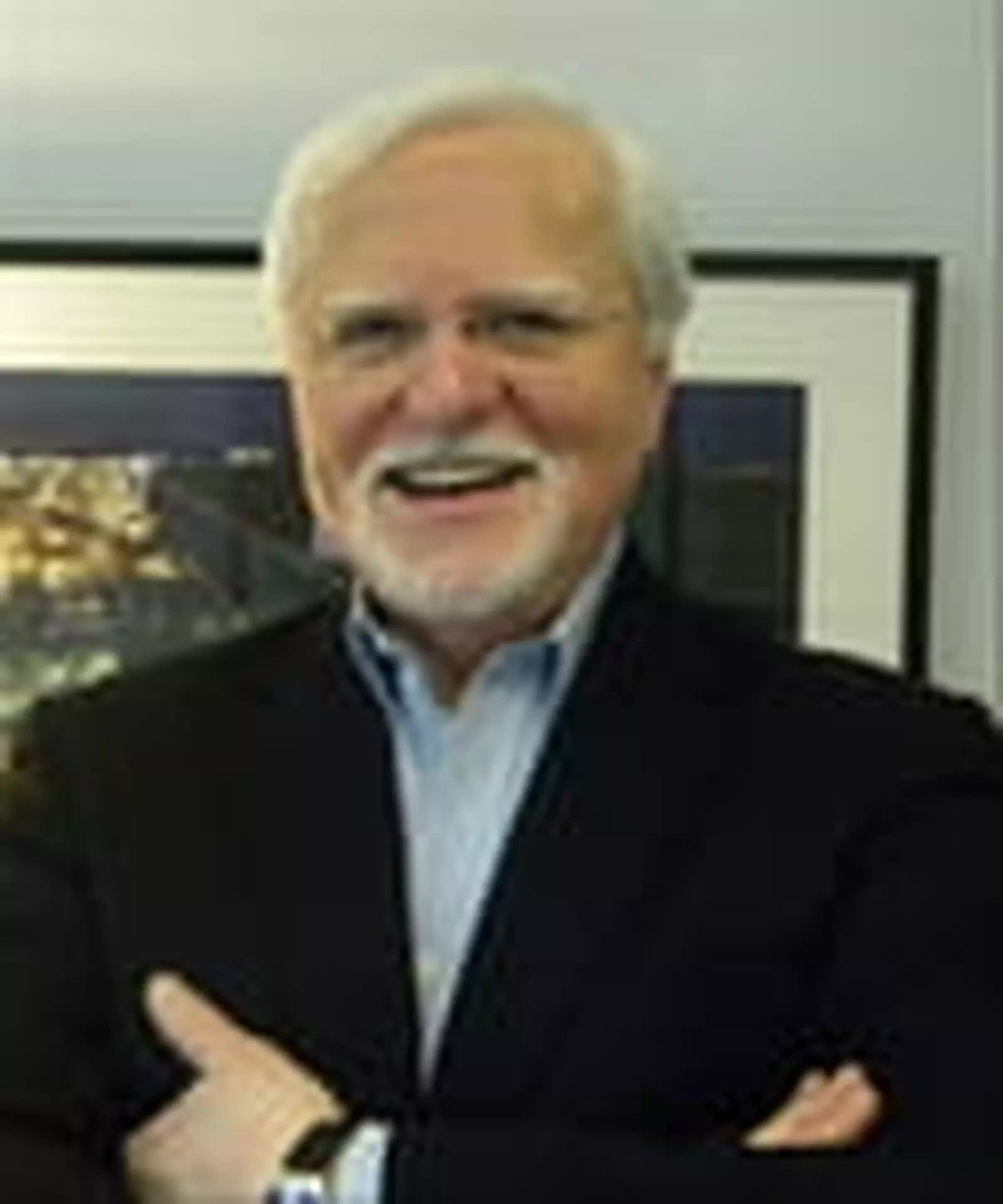3 Priceless Gifts a Church Can Give to Their New Pastor

When our church was about to welcome a new pastor, I contacted him to ask what we could do for him. “Tell me the top three things you want from this church.” He had an immediate answer, as though he’d been expecting the call.
“I would love to come to a unified, loving, praying church,” he said. As a retired pastor of six churches, I knew exactly how he felt. So, let’s look at those three gifts the new pastor would love to receive.
1. A Unified Church — Ephesians 4:11-16
And He gave some as apostles, and some as prophets, and some as evangelists, and some as pastors and teachers for the equipping of the saints for the work of the ministry, to the building up of the body of Christ; until we all attain to the unity of the faith, and of the knowledge of the Son of God….
The passage ends: …Christ, from whom the whole body, being fitted and held together by what every joint supplies, according to the proper working of each individual part, causes the growth of the body for the building up of itself in love.
Anyone preaching on Christian unity should start with this passage which covers the subject as well as it can be done.
Recently, I heard a fellow say that Christian unity is all of us speaking the same thing, doing the same thing, believing the same way, and such. My main reaction to that is: baloney.
The unity of Ephesians 4 is not the lifeless unity of a brick or a stone, but of a living body. Our bodies have hundreds of different parts, none of which resemble the others, each one doing its own work, all of them working together. The result is not sameness, but harmony. When a body functions as it was intended, the result is a beautiful unity.
When we sing a hymn in unison, everyone sings the same notes. There’s a certain beauty about it, but it gets boring quickly. How much better for some to sing the melody, while others find harmony lines of bass, tenor, alto, and variations of each. We end up with a full-bodied chorus of voices, some coming in from left field, some booming up from the dugouts, some hovering above in the atmosphere, and others flowing in from the grandstands–all joining in to produce a magnificent blend. Even those who cannot find the right key or carry a tune fit right in.
That is not uniformity–we’re all clones of each other! – but unity; beautiful, lovely, harmonious unity.
Think of the unity of a football team. Someone plays quarterback while others play end, guard, center, tackle, running back, wide receiver, cornerback, etc. We have punters and kickers and head coaches and offensive coaches and quarterback coaches, trainers and gofers and cheerleaders and front office people. When everyone does his job well, you have unity, even though no two may be doing the same thing.
That’s how God has set up His church: Everyone doing his job. We will have disagreements and we even welcome them, because no one person has all wisdom. Disagreements help leaders to hear all sides of issues and to think matters through.
In His prayer to the Father, before He went to the cross, Jesus twice prayed “that they all may be one (in order) that the world may believe in Me” (John 17:21, 23). Don’t miss that. In order for our evangelism to be effective, the church must be in harmony. But when God’s people are fighting and divided, the first casualty is evangelism. No one gets saved in a fighting church. You can take that to the bank.
2. A Loving Church – Ephesians 4:25-32
“Therefore, laying aside falsehood, speak truth each one of you with his neighbor, for we are members of one another. Be angry, and yet do not sin; do not let the sun go down on your anger, and do not give the devil an opportunity. He who steals must steal no longer…. Let no unwholesome word proceed from your mouth…. Do not grieve the Holy Spirit of God, by whom you were sealed for the day of redemption… Let all bitterness and wrath and anger and clamor and slander be put away from you, along with all malice. Be kind to one another, tender-hearted, forgiving each other, just as God in Christ also has forgiven you.”
The word “love” is not found in that passage. And yet all those actions make up the very definition of love. In the Scriptures, we recall, love is almost never an emotion but always an action.
Love is something we do. Love tells the truth, controls its anger, works instead of steals, speaks kindly, is kind, sweet-spirited, and forgiving.
Turn that around and ask, “When love is missing, what do we find?” Answer: Lies, rage, stealing, harshness, ugliness, mean-spiritedness, and lack of forgiveness. All of these grieve the Holy Spirit and bring our effectiveness to a grinding halt.
In his commentary on Ephesians, Dr. Kent Hughes tells of a rancorous church fight that drove both sides to lawsuits. The judge ordered them to get mediation from their denomination. A mediator came in and interviewed hundreds of people, looking for the root cause of this split. What he found stunned everyone.
Weeks earlier, at a church dinner, one of the deacons had become upset when a child sitting next to him received a larger slice of ham. True story.
When God’s people fight among themselves, the cause of Christ is slandered, the mission fields neglected, and God’s people diverted from service. The enemy rejoices, lost people are forgotten, and those needing ministry are just in the way.
Love is the glue that bonds the church in unity. Colossians 2:2 reads: their hearts having been knit together in love. The same verb in Ephesians 4:16 means “joined together,” the way the ligaments and tendons hold the joints of the body together.
There will be a lot of movement in the body of Christ, so the ties have to be strong.
3. A Praying Church — Ephesians 6:18-20
“With all prayer and petition, pray at all times in the Spirit, and with this in view, be on the alert with all perseverance and petition for all the saints, and pray on my behalf that utterance may be given to me in the opening of my mouth, to make known with boldness the mystery of the gospel, for which I am an ambassador in chains, that in proclaiming it I may speak boldly, as I ought to speak.”
This passage follows the full layout of the armor Christians wear for the spiritual warfare they conduct in this world. After being adequately alerted and suitably armored, we are ready to pray.
Verse 18 is complicated and we could spend the day trying to dissect it all. The wonderful John Bunyan called this all prayer, meaning that prayer is the first, the best, the most, and the greatest thing we will ever do in the Kingdom.
Pray at all times in the Spirit. Spiritual warfare demands that the believer stay close to the Lord and abide in Him for strength and direction.
For all the saints. Be on the alert with all perseverance and petition for all the saints, Paul says. That instruction reminds us we’re not praying just for the members of our group or our congregation. You drive past a church, pray for its members. You read something about a congregation, pray for its people. You meet a pastor of another church or hear one on the radio, pray for him and his people.
And pray for me. And what shall we pray for you, Paul? Bear in mind that most likely, he is in prison in Rome (he calls himself “a prisoner in chains”). So, he wants out, right? Wants better treatment? A good lawyer? Leniency from the judge? Decent food. Protection from some bully? Nope. None of those things.
Pray that I’ll be able to preach the Word boldly with effectiveness. That’s all he wanted.
The new pastor of our church could produce quite a list of prayer needs, no doubt, including the Lord’s protection as he relocates his family to our city, provision in selling his old house and purchasing one here, and wisdom in the many decisions he will make as he begins his ministry. But pre-eminently, I believe he would say with Paul that his first prayer request is for his preaching, that every time he stands he will have God’s message and declare it faithfully and forcefully.
Unity, love, prayer. We recall what great concerns these were with the Lord for His disciples in all His teachings, but, never more than in His final hours with them in the upper room. While there was a finality about His words that night, a new and exciting chapter for the disciples was about to begin. Therefore, nothing would be more important than that they stay together, love one another, and be faithful in praying.
This article originally appeared on joemckeever.com. Used with permission.
Photo Credit: ©GettyImages/ChristinLola

Originally published February 10, 2025.







